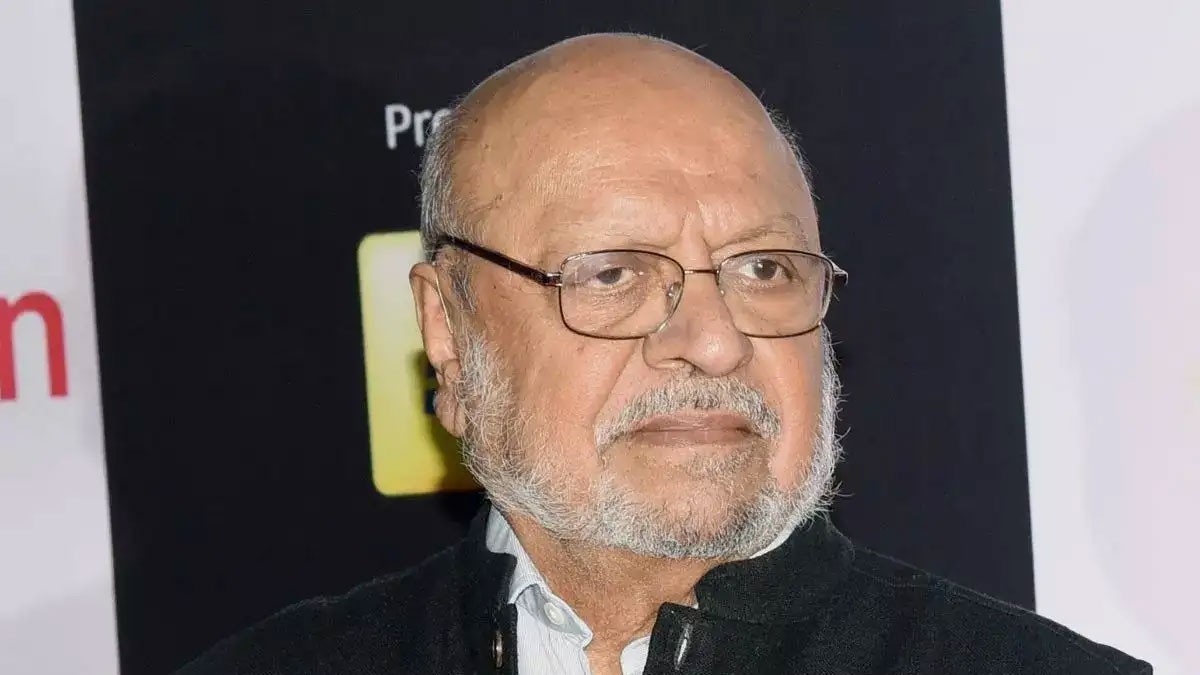
The world of Indian cinema mourns the loss of one of its most influential filmmakers, Shyam Benegal, who passed away at the age of 90 due to chronic kidney disease. Benegal, renowned for his pioneering work in parallel cinema, left an indelible mark on the industry with his socially reflective films and storytelling mastery.
Born on December 14, 1934, in Hyderabad, Benegal came from a Konkani-speaking Chitrapur Saraswat Brahmin family. He earned a Master's degree in Economics from Osmania University and founded the Hyderabad Film Society. Over the decades, he became a prominent figure in Indian cinema, celebrated for his directorial brilliance and keen insight into societal issues.
Some of his most acclaimed films include "Ankur" (1974), which marked his directorial debut, "Nishant" (1975), "Manthan" (1976), "Bhumika" (1977), "Mandi" (1983), and "Zubeidaa" (2001). These films not only entertained but also provoked thought and brought attention to important social themes such as class struggle, caste discrimination, and women's challenges.
Benegal's illustrious career earned him numerous accolades, including the prestigious Padma Shri (1976), Padma Bhushan (1991), and the Dadasaheb Phalke Award (2005). Despite his recent health challenges, his legacy as a trailblazer in Indian cinema remains firmly intact. His work continues to inspire filmmakers and audiences alike, ensuring that his contribution to the industry will never be forgotten.
As the film fraternity and fans pay tribute to Shyam Benegal, his films stand as a testament to his vision, creativity, and unwavering dedication to socially conscious storytelling. His passing marks the end of an era, but his influence on Indian cinema will endure for generations to come.
